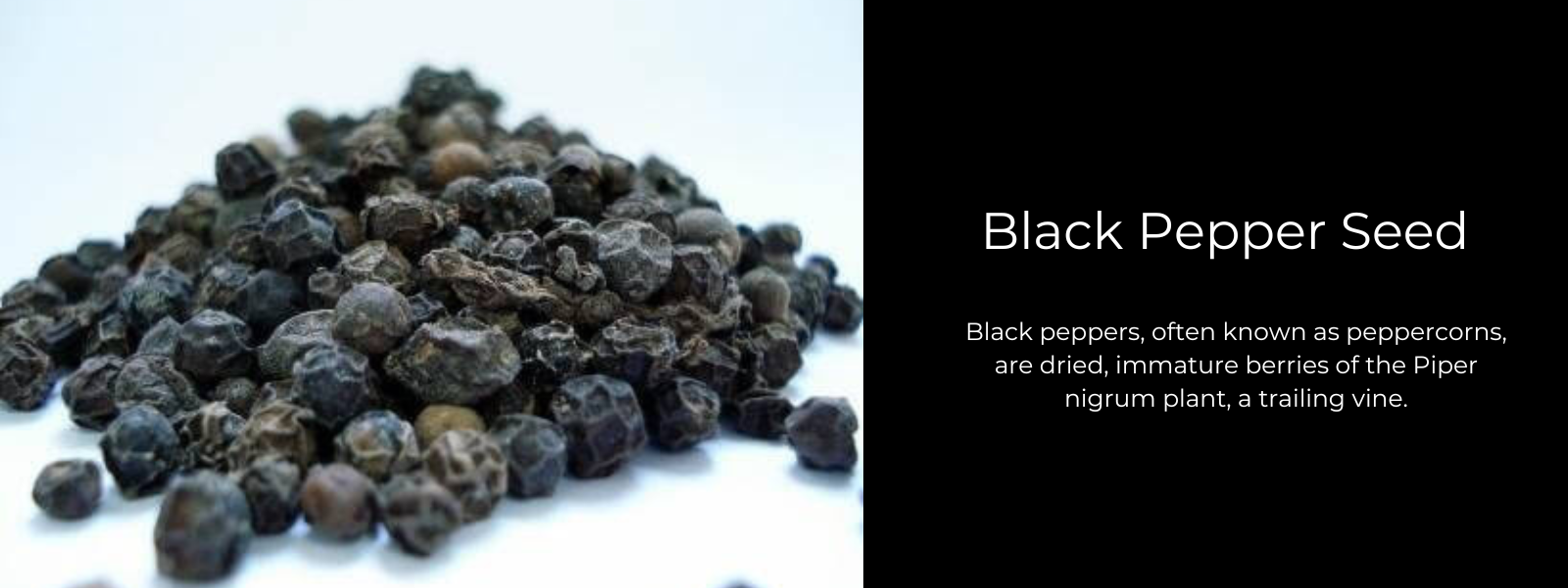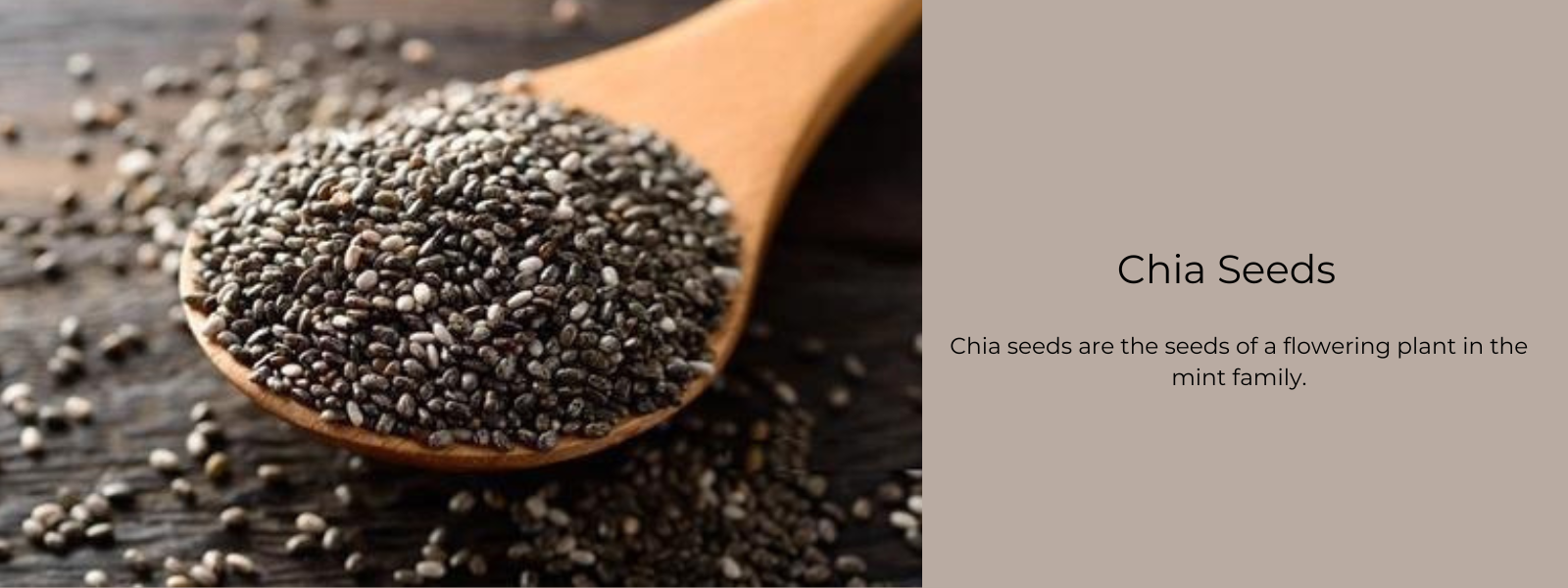Flax seeds are tiny edible seeds. Additionally, these seeds give food a nutty taste, but they are also full of important vitamins and minerals, heart-healthy fats, fibre, and plant-based proteins.
Flaxseeds have turned out to be much more than just a pretty topping for oatmeal or a colourful acai bowl. They are a powerful powerhouse food that is good for your heart and has protective properties. And while they may seem like such teeny seeds, don't let their compactness fool you: Flaxseed, which is also called linseed, is full of important vitamins and nutrients, like plant-based fibre, protein, and fatty acids.
Even though flaxseeds are small, they have the highest amount of the essential omega-3 fatty acid alpha-linolenic acid (ALA) of any plant. This makes them a superstar superfood, despite their small size.
Eating flaxseeds properly can help you reap their many health benefits. Flaxseeds have a light nutty nutty flavour. It can be consumed on its own or utilized as a form of flaxseeds oil. There are two sorts of flaxseeds: yellow and brown. Both of these are equally nutritious and helpful for health. It is easy to incorporate these seeds into your diet. Having the little seeds in the proper method is crucial for getting the most out of them. Most professionals agree that ground flaxseeds are preferable to whole flaxseeds since they are simpler to digest. Since the outer shell of whole flaxseeds is so tough, it is possible that some of the seed's nutritional value will be lost if it is not digested. The recommended daily serving size of flaxseeds is one tablespoon.
Table of Contents
What are flaxseeds?
Flaxseed originates from the flax plant that is also known as Linum usitatissimum), which matures to be around 2 feet tall. It presumably first was cultivated in Egypt but has been grown all around the world.
Linen is made from the flax plant, which has fibres that are two to three times as strong as cotton's. In the early days of its introduction to North America, the plant's primary purpose in cultivation was the creation of textiles. Midway through the twentieth century, cotton replaced flax as the preferred fibre.
Flaxseeds have a nutty flavour and can be eaten on their own, or they can be ground up and cold-pressed to extract oil. Though flaxseed (also known as linseed) has been a staple in cereal and bread for decades, it has recently found a devoted following in the health food community. As more people learn about the advantages of the crop, they are finding more and more ways to incorporate it into their diets, whether as a supplement or as a component in a wide range of meals.
Nutritional profile of flax seeds:
Flaxseeds have 2.35 g of alpha-linolenic acid (ALA), which is a plant-based version of omega-3 fatty acids, for every tablespoon of whole flaxseed. This makes them one of the best plant sources of ALA. This amount is more than most adults need in a day.
There is protein and a large array of vitamins and minerals in these tiny but powerful seeds. More importantly, flaxseeds have a huge amount of lignans, a plant compound that is full of antioxidants that fight disease. In fact, flaxseeds contain up to 800 times more lignans than beans, grains, fruits, vegetables, and other fibre-rich plant foods.
Health benefits of flax seeds:
Flax Seeds Stimulate Weight loss
Nuts and seeds play an important role in a diet for weight loss plan and flaxseeds are among them that may be incorporated into the diet when the objective is to shed kilogrammes. The tiny brown seeds are filled with fibre called mucilage, which can lower appetite, yearning and keep you from indulging in harmful nibbling.
Flaxseeds maintain blood cholesterol level
Consuming these seeds can assist to lessen the amount of LDL or bad cholesterol. A study reveals that taking flaxseeds everyday may assist to reduce levels of cholesterol by 6 per cent to 11 per cent. That's achievable due to the existence of high fibre and lignan content. Both the chemicals bind with bile acids, amphipathic molecules generated from cholesterol in the liver and eliminate them from the body through the digestive tract. These tiny seeds can readily be coupled with cholesterol-lowering medicine.
Flaxseeds are Beneficial for heart health
Flaxseeds are rich in omega-3 fatty acids that really are helpful for us in many ways, including in supporting good heart health. These seeds contain a significant level of omega-3 fatty acid alpha-linolenic acid (ALA), which has been demonstrated to cut down the risk of heart problems in various lab studies. This is because the inflammation in the arteries, which can cause problems like a heart attack, a stroke, or even cardiac arrest, is greatly reduced by the healthy fat.
Flaxseeds decreases blood pressure
When used as a part of a healthy diet, flaxseeds have been shown to lower blood pressure. Potassium, which is abundant in these seeds, has been shown to reduce blood pressure by relaxing blood vessel walls.
Potassium, which is abundant in these seeds, has been shown to reduce blood pressure by relaxing blood vessel walls.
Flaxseeds help in Diabetes
Some preliminary research indicates that consuming lignans (a component present in flaxseeds) on a daily basis may lower blood sugar. Fasting blood sugar decreased by 19.7 percent in the trial group that took a flax seeds powder supplement at a dose of 10-20 grams per day for 1-2 months.
Flaxseeds prevent Cancer
Some new research suggests that chemicals included in flaxseeds may even safeguard against breast and colon cancer. Compounds in it have been shown to slow tumour development in the lab. A Canadian study involving 6,000 women found that eating flaxseeds lowered their chance of developing breast cancer by 18 percent. Further study is required before any conclusions can be drawn.
Flaxseeds reduce inflammation
Two of the primary components of flaxseeds, ALA and lignans, have been linked to a reduction in inflammation, which in turn may help treat conditions including Parkinson's disease and asthma. These chemicals inhibit the production of inflammatory mediators. Human studies on ALA have shown that it reduces inflammatory responses, while laboratory studies on lignans have shown that they reduce the generation of inflammatory cytokines.
Flaxseeds stimulate Digestion
Flaxseeds include two forms of dietary fibre- soluble and insoluble. The fibre might add weight to the stool and help the bowels move more smoothly. Both soluble and insoluble fibres facilitate bowel movements; the former by softening the stool and the latter by stimulating the digestive tract. Those with digestive issues, such as IBS or constipation, may benefit from eating flaxseeds regularly.
Flaxseeds promote Skin health
Brown seeds include lignans and a number of antioxidants, both of which can aid in the fight against facial wrinkling. A study found that sensitive skin, roughness, and scaling were all dramatically reduced after topical application of flaxseeds oil. In addition to promoting healthy hair and nails, the fatty acids in flax seeds aid in maintaining healthy, supple skin. In addition, it helps with hair loss, eczema, and dandruff.
Ways to use flax seeds:
- On top of overnight oats or traditional oatmeal.
- combined with yoghurt
- Added to the pancake mix
- Serve as a topping for various healthy snacks such as avocado toast, fresh fruit smoothies, and sliced avocado.
- mixed with oats and nut butter to form energy balls.
- Typically eaten after being baked into something like a cookie, muffin, brownie, or loaf of banana bread
- Flax seed meal can be substituted for eggs by combining 1 tablespoon of ground flax seeds with 3 tablespoons of water.
Who should avoid flaxseeds?
Flaxseeds are typically safe for intake by most people. While these seeds have many health benefits, they should be consumed with caution by those with hypertension, constipation, hormonal imbalances, diarrhoea, or bleeding disorders. Small brown seeds are beneficial for pregnant and breastfeeding women, but they ought to avoid flax seeds supplements. In case of any issue or allergy call your doctor immediately.











Leave a comment